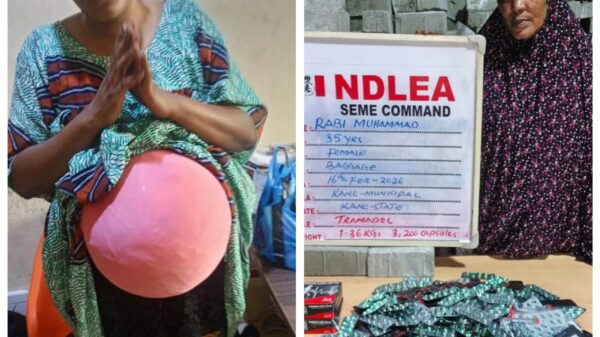Nigeria’s economy is receiving a major boost from its diaspora community, with remittance inflows tripling to $600 million monthly over the past two months, according to the Governor of the Central Bank of Nigeria (CBN), Olayemi Cardoso.
Speaking at the Delta State–Brazil Business and Investment Roundtable in São Paulo, Cardoso attributed the surge to a more competitive exchange rate and improved remittance channels, which have made it easier and more attractive for Nigerians abroad to send money home through official platforms.
“Our exchange rate is becoming a lot more competitive. Those who previously sought other channels to send their money back home no longer have to do so,” Cardoso said.
The CBN governor revealed that remittance inflows had previously hovered around $200 million monthly but have now climbed to $600 million—a 200 percent increase.
He projected that the figure could reach $1 billion per month by 2026, positioning diaspora contributions as a cornerstone of Nigeria’s foreign exchange strategy.
Cardoso emphasized that the rising inflows are helping to diversify Nigeria’s foreign exchange portfolio and reduce its dependence on oil revenues, which have long been the backbone of the country’s economy.
“When we started considering diaspora flows as a source of diversifying our foreign exchange earnings, people laughed,” he said. “But we started at $200 million every month. In the last two months, we have reached $600 million per month, and by next year, we anticipate at least $1 billion from our diaspora community.”
The roundtable event, which brought together Nigerian and Brazilian business leaders, focused on strengthening bilateral trade and investment.
Cardoso’s remarks underscored the growing importance of digital financial infrastructure and policy reforms in unlocking Nigeria’s economic potential.
Experts say the remittance boom could have far-reaching implications for Nigeria’s balance of payments, exchange rate stability, and household income levels—especially as more Nigerians abroad opt for formal channels to support families and invest in local ventures.
As the country continues to grapple with inflation and currency volatility, the CBN’s renewed focus on diaspora inflows may offer a lifeline—and a path toward a more resilient economy.
![]()





























































